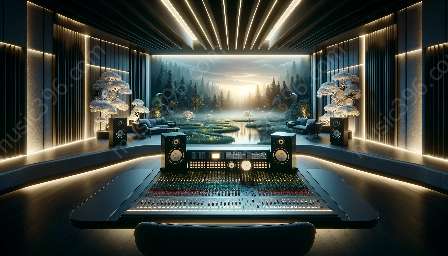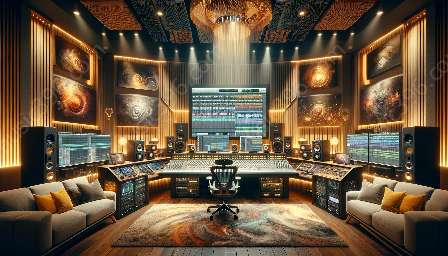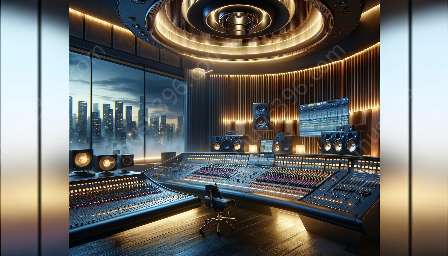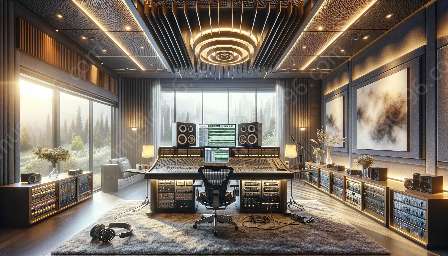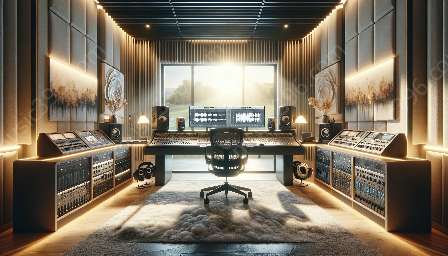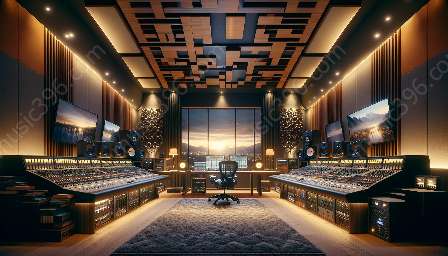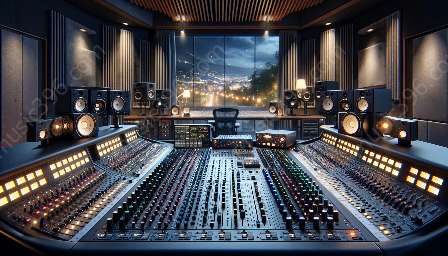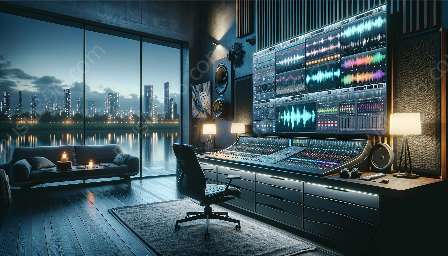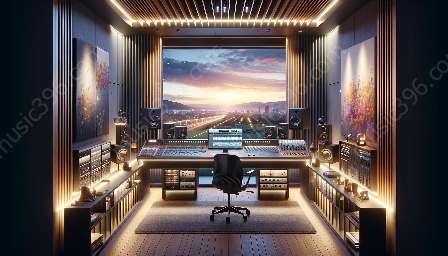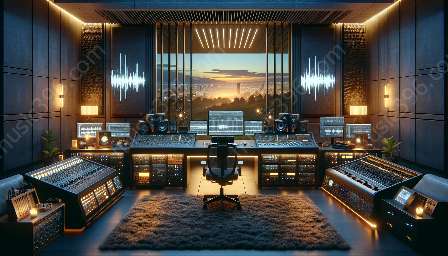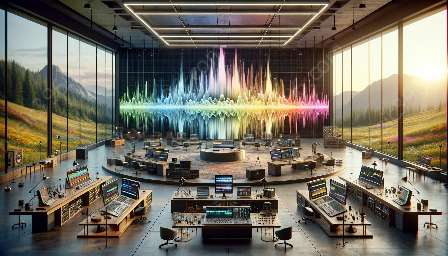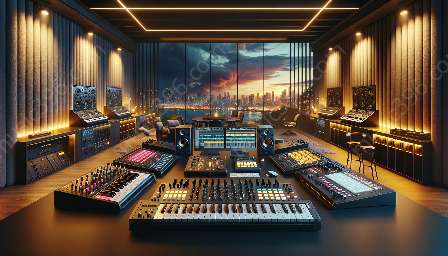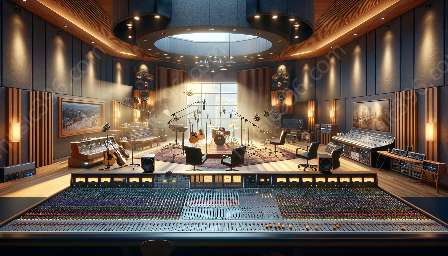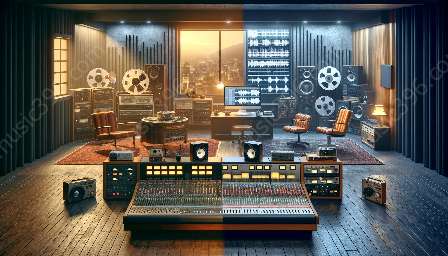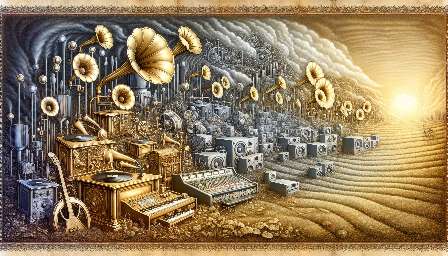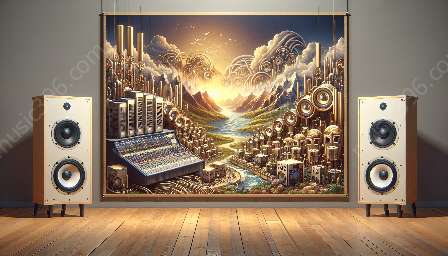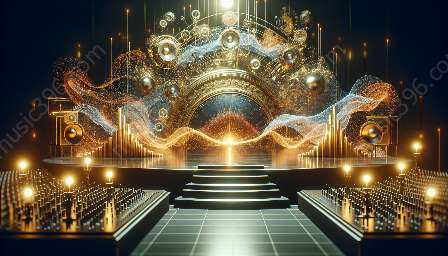Experimental and avant-garde music have long been at the forefront of technological innovation, pushing the boundaries of what is possible in musical composition and performance. One of the key technologies that has profoundly impacted these genres is Musical Instrument Digital Interface (MIDI).
What is MIDI?
MIDI is a communication protocol that allows electronic musical instruments, computers, and other devices to connect and communicate with each other. It was first introduced in the early 1980s and has since become an integral part of music production and performance.
Importance of MIDI in Experimental and Avant-Garde Music
In experimental and avant-garde music, MIDI has played a crucial role in enabling artists to explore new sonic territories. The ability to control and manipulate electronic and digital instruments through MIDI has expanded the sonic palette available to composers and performers, allowing for the creation of complex, otherworldly soundscapes that were previously unthinkable.
MIDI has also facilitated the integration of traditional acoustic instruments with electronic elements, blurring the boundaries between the analog and digital worlds of sound. This integration has been a hallmark of avant-garde music, enabling artists to craft compositions that defy convention and challenge listeners' perceptions of what music can be.
Applications of MIDI in Experimental and Avant-Garde Music
One of the most prominent uses of MIDI in experimental and avant-garde music is in the realm of live performance. MIDI controllers, such as keyboards, wind controllers, and electronic drums, allow musicians to trigger and manipulate a wide array of electronic and digital sounds in real time, granting them unprecedented control over the sonic elements of their performances.
Beyond live performance, MIDI has also been extensively utilized in the studio environment. Sequencing software, virtual instruments, and MIDI-enabled hardware have empowered artists to construct intricate compositions and arrangements, leveraging the precision and flexibility afforded by MIDI to orchestrate elaborate sonic tapestries.
MIDI Systems in Sound Engineering
From a sound engineering perspective, MIDI systems are indispensable tools for shaping and sculpting sound. MIDI-controlled effects processors, synthesizers, and samplers allow sound engineers to manipulate audio in ways that were once unimaginable, opening up new frontiers in sonic manipulation and processing.
Additionally, MIDI facilitates the synchronization of audio and visual elements in multimedia productions, enabling sound engineers to seamlessly integrate music and sound effects with visual content, further enhancing the immersive and boundary-pushing nature of experimental and avant-garde multimedia experiences.
Impact on Sound Engineering
The integration of MIDI systems in sound engineering has broadened the possibilities for audio manipulation and creativity. By leveraging MIDI controllers and software, sound engineers can craft intricate sound designs, sculpting sonic landscapes that captivate and challenge listeners.
MIDI's role in sound engineering extends beyond traditional music production, finding applications in fields such as film, video games, interactive installations, and virtual reality experiences. Its flexibility and versatility have made it an essential component in the arsenal of contemporary sound engineers, allowing them to realize their sonic visions with precision and nuance.
Influence of MIDI in Shaping the Future of Music
Looking ahead, the influence of MIDI in experimental and avant-garde music continues to shape the future of musical expression. As technology evolves, MIDI stands as a steadfast foundation for experimentation and innovation in sound creation, providing a platform for artists and sound engineers to explore uncharted sonic territories and redefine the boundaries of musical possibility.
In conclusion, MIDI has been a transformative force in experimental and avant-garde music, enabling artists to push the limits of sonic exploration and creativity. Its compatibility with MIDI systems in sound engineering has further expanded its reach, offering sound engineers unprecedented tools for shaping and manipulating sound. As the worlds of experimental music and sound engineering continue to converge, MIDI remains a cornerstone technology, fostering an environment of limitless sonic invention and artistic innovation.

